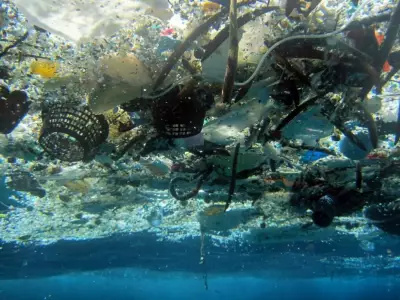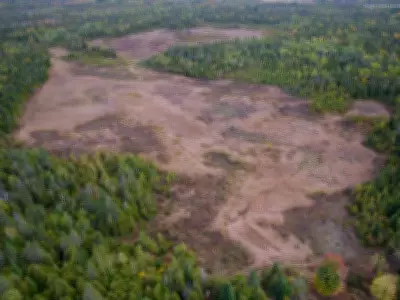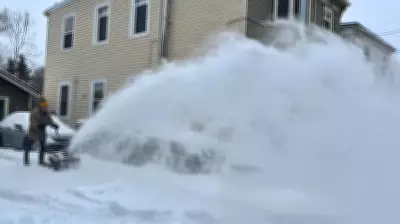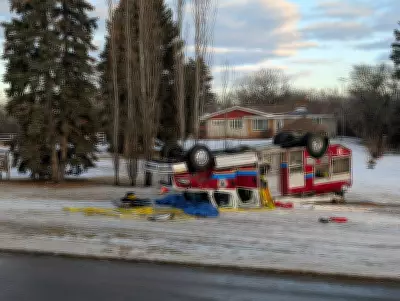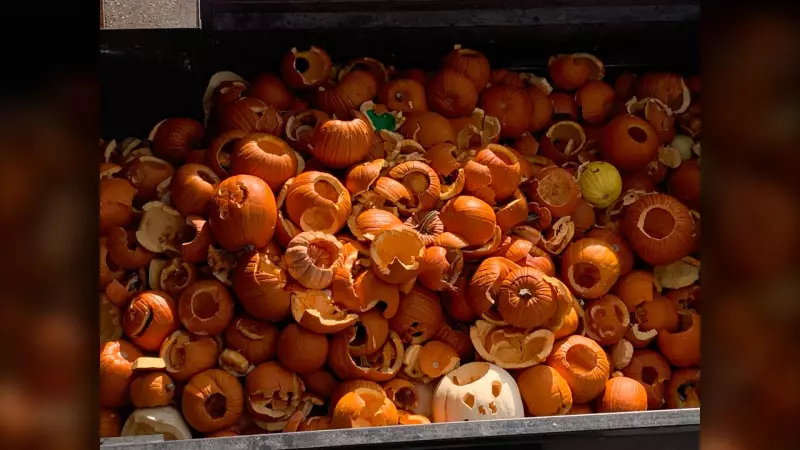
As the spooky season wraps up, Winnipeggers face a familiar annual dilemma: what to do with those grinning jack-o'-lanterns once November arrives. Instead of watching your festive decorations become landfill fodder, the city offers an eco-friendly alternative that benefits both the environment and local gardens.
When pumpkins end up in landfills, they decompose anaerobically, releasing methane—a potent greenhouse gas with 25 times more global warming potential than carbon dioxide. This seasonal waste contributes significantly to the city's overall organic waste stream during October and November.
From Porch to Compost: The Sustainable Journey
Compost Winnipeg provides multiple convenient options for residents to dispose of their pumpkins responsibly:
- Curbside Collection: Simply remove all candles, wax, and non-organic decorations before placing pumpkins in your green cart
- Community Drop-offs: Designated locations throughout the city accept pumpkins for composting
- Backyard Composting: For those with home compost systems, pumpkins break down efficiently when cut into smaller pieces
Why Pumpkin Composting Matters
Beyond methane reduction, this initiative supports circular economy principles. The compost created from these seasonal gourds enriches soil in community gardens, parks, and agricultural fields, completing a natural cycle that benefits the entire ecosystem.
"Pumpkins are 90% water and packed with nutrients," explains a local composting expert. "When properly composted, they become valuable organic matter that improves soil structure and fertility, reducing the need for chemical fertilizers."
Join Winnipeg's Green Revolution
This initiative represents Winnipeg's broader commitment to waste reduction and environmental stewardship. By participating in pumpkin composting, residents directly contribute to the city's sustainability goals while setting a positive example for future generations.
The program also serves as an educational opportunity, teaching children and adults alike about the importance of responsible waste management and the environmental impact of our seasonal traditions.

